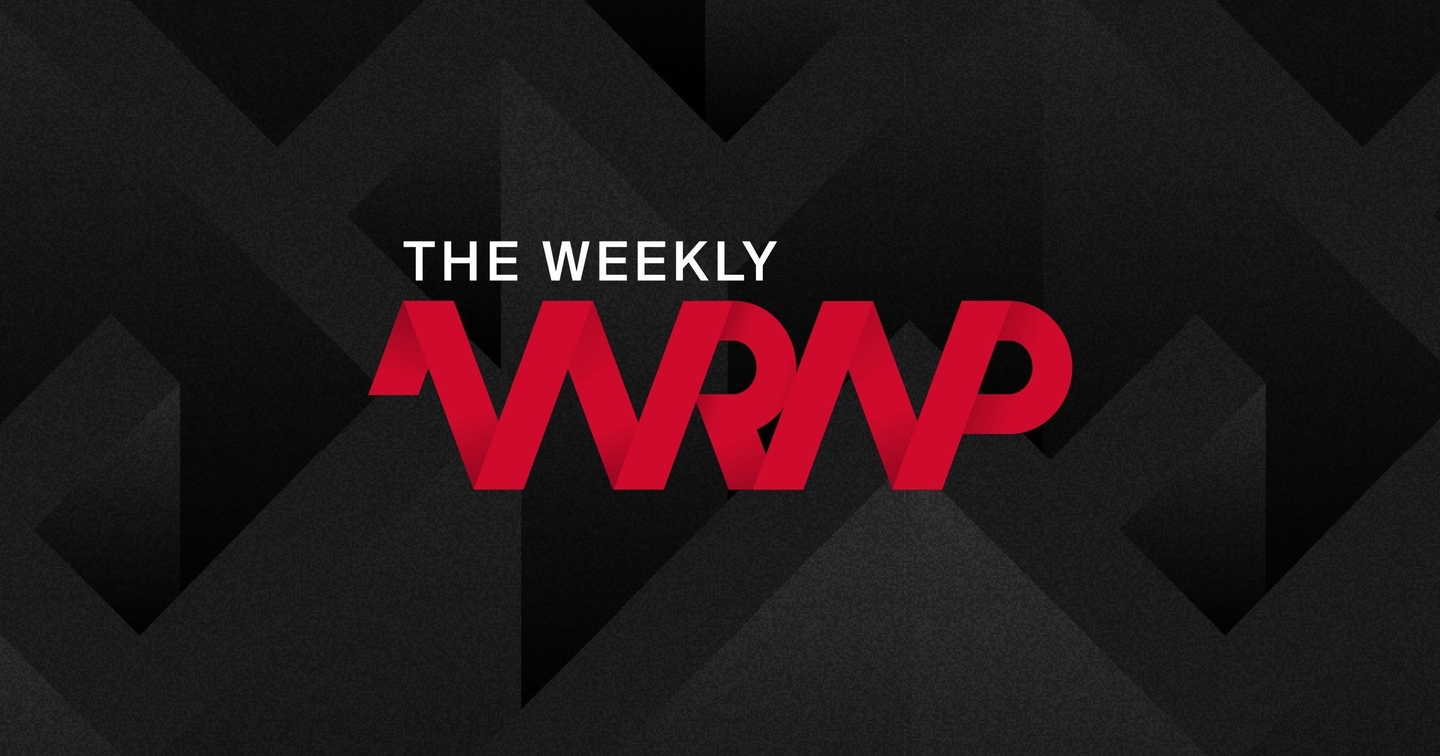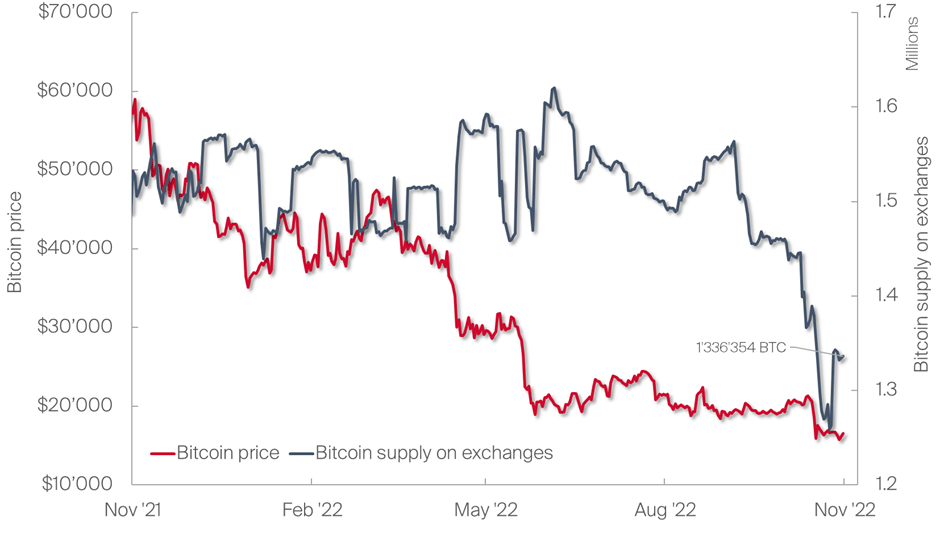
JPMorgan wallet, Metamask privacy policy, Genesis and DCG

1. JPMorgan’s trademark for crypto wallet officially approved by USPTO
The Facts:
- An official document published via the United States Patent and Trademark Office (USPTO) on Monday revealed that JPMorgan, largest bank in the U.S., registered a trademark for a crypto wallet.
- With the approved trademark, JPMorgan is now able to provide digital asset transfers and exchange plus crypto payment processing, virtual checking accounts and financial services.
- The trademark is not limited to cryptocurrencies as it also covers other financial services and is currently used for services by business subledgers.
- Interestingly, the first application for this trademark dates back to July 2020, while the final trademark registration took place November 15th.
- For the time being, the document only covers the trademark but no technical quirks of the wallet implementation itself.
Why it’s important:
- Despite a vocal aversion against crypto of CEO Jamie Dimon and the recent turbulences caused by FTX and Genesis, JPMorgan continues its push towards the digital asset industry after partnering with Visa to integrate JPMorgan’s Liink with Visa’s B2B Connect network in October and realizing collateral settlement of BlackRock assets in May.
- Moreover, the move comes after a first ever DeFi trade on Polygon in November tokenizing SGD 100k and trading it for tokenized yen (JPY) with Japan’s SBI Digital Asset Holdings.
- The new trademarked wallet is framed around e-commerce and, according to their website, enables “millions of payments in real time, on any platform, all with one bank account”.
- It not only suggests that the wallet targets customers that hold a JPMorgan bank account but also larger businesses.
- A Coinbase survey released on Tuesday (140 institutional investors with AUM $2.6t) conducted between September 21st and October 27th, therefore prior to the FTX disaster, revealed that institutional investors are generally increasing their exposure.
- Meanwhile, $138b investment manager Man Group announced this week to launch a crypto hedge fund and Brazil's biggest bank Itaú Unibanco ($435b AUM) announced crypto custody offering for 2023.
- The timing of the wallet trademark is interesting, as self-custody just found new momentum with eroded trust in centralized entities, living up to the renowned crypto phrase “not your keys, not your coins”.
- JPMorgan and others approaching permissionless and decentralized blockchains indicates more comfort and trust in public blockchains and one might wonder what impact derives to the value proposition of projects like Ripple.
2. Privacy policy updates for Uniswap and Consensys’ Metamask and Infura
The Facts:
- This week saw a flood of privacy policy updates within important pillars of the Ethereum tech stack.
- On Wednesday, ConsenSys announced an update to its privacy policy affecting wallet provider MetaMask and its default RPC (Remote Procedure Call) Infura.
- Infura will now log IP and ETH addresses when using MetaMask to transact as long as Infura is set as default RPC.
- Alongside, ConsenSys also collects usernames, passwords and gender information, financial data when utilizing the Visa and Mastercard feature within Metamask.
- Uniswap Labs also updated their policy, revealing that they will collect public on-chain data and limited off-chain data like device type or browser version.
- They won’t collect and store personal data yet may share wallet addresses with analytics providers financial crime prevention.
Why it’s important:
- The new privacy policy updates from entities like MM and Uniswap yet again expose points of centralization within the commonly used infrastructure.
- After the downfall of many CeFi entities this year, self-custody and DeFi is more important than ever and hence, a healthy controversy around centralized weak spots prone to censorship is more than welcome and provides encouragement to run self-hosted infrastructure.
- In a well-designed crypto ecosystem, users should not have to trust companies to handle or use their personal information, read on for solutions.
- A viable short-term workaround is switching the wallet provider (e.g. XDEFI wallet, Rainbow, BlockWallet or Frame instead of MM), the RPC (e.g. SecureRPC by Manifold, Pocket Network, Alchemy or see list here instead of default Infura) or a combination of both.
- Depending on the RPC, it might also offer additional features such as private transactions, censorship resistance and to some degree front-running protection.
- However, the best solution by far is running a node to guarantee direct blockchain access instead of relying on centralized API and node infrastructure providers such as Infura or Alchemy.
- As we outlined in a recent Decrypt, it’s reasonable to expect in-browser light clients in the not too distant future enabling users to route around and avoid endpoint censorship.
- One enabler to running light nodes within the browser was the PoS transition, as sync committees finding the tip of the chain are way easier to build.
- Despite their recent adjustments in privacy policy, Infura itself announced plans to launch a decentralized, open source protocol to connect dApps to Ethereum two months ago.
- Dependencies on centralized frontends such as Uniswap can be avoided by having multi-jurisdictional decentralized frontends, IPFS/ENS frontends, running local UIs or by engaging directly with the smart contract and therefore going around all checks and friction.
- The updated policies fuel a debate around data protection, however, it’s nothing novel and rather common that DeFi projects and other infrastructures apply advanced telemetry.
- Just as you are individually responsible for your data surfing the web, so are you engaging with crypto, choosing a suitable wallet provider and RPC or running your own node – a nice side effect included with an increase in decentralization and resilience of the underlying blockchain.
- It thus will be up to the social shield being the end users actively choosing and supporting permissionless applications and services built atop Ethereum and other L1s.
3. DCG reveals $2b in liabilities including loan from own subsidiary Genesis
The Facts:
- After a series of events unfolding with the FTX saga, Genesis remains struggling to raise new cash in order to avoid bankruptcy.
- Genesis Global Trading is an OTC crypto platform which, alongside its sister company Grayscale, are owned by their parent company Digital Currency Group (DCG).
- Genesis got dragged into the growing pool of troubled crypto corporations as a consequence of multiple toxic loans and bad debt holding $175m locked up in trading accounts held by FTX, which declared bankruptcy earlier this month.
- Further, it lent $2.36b to blown up hedge fund 3AC and has a total of $2.8b in outstanding loans leading to a warning by Genesis of a potential bankruptcy last week in case no funding is found.
- A disclosure on Tuesday, November 22nd, revealed that a total of $575m is owed to Genesis by its parent company DCG, alongside a rumor of an IOU of $1.1b.
- Subsequently, the investment bank Moelis & Company, that was previously responsible for troubled crypto lender Voyager Digital, has been hired to explore potential ways out of its misery.
Why it’s important:
- FTX contagion is still spreading and even pulling in old-established crypto giants like Genesis and parent DCG.
- The conglomerate of DCG, Genesis and Grayscale is deeply intertwined within the crypto sector. Another “domino to fall” will very likely further disrupt the newly established trust in the industry, while negatively impacting interrelated parties.
- The new disclosures reveal delicate links between DCG’s conglomerate as for instance, Genesis basically loaned itself money using parent DCG as a go-between now leaving Genesis with a huge hole in its lending book as DCG is not able to cover.
- Genesis’ financial troubles have a direct impact on DCG and Grayscale and repercussions of possible forced liquidations would then happen in an environment of tightened macro conditions and a crypto bear market with dwindling liquidity.
- Possible solutions include Grayscale getting SEC approval for special redemptions for Genesis or a Genesis creditor settlement.
- Another raise for concern is the largely illiquid holdings of GBTC trust shares, which trade at a substantial discount to the underlying BTC NAV.
- An important aspect linked to the situation is the SEC’s regulatory failure to create a Bitcoin ETF.
- It allowed unredeemable GBTC trust shares with negative premium ending up as toxic collateral and forcing crypto trading outside of the U.S.
In other news
- Withdrawals for staked ETH enter testnet stage (via The Block)
- Japan aims to launch experimental Yen CBDC in 2023 (via Decrypt)
- Tornado Cash developer Alexey Pertsev detained until hearing in February (via CoinGeek)
- Harvard paper advises central banks to buy Bitcoin to hedge against sanctions (via Politico)
- Curve reveals whitepaper for novel LLAMMA crvUSD stablecoin (via The Defiant)
- El Salvador proposes bill to issue Bitcoin Volcano bonds (via Bitcoin Magazine)
- SBF’s FTX, senior staff and parents bought property worth $300m (via Reuters)
- Hodl Law files lawsuit against SEC for declaratory relief of Ethereum (via Twitter)
Regulate Crypto or It’ll Take Down the Economy
Elizabeth Warren, senior U.S. senator for Massachusetts, on crypto regulation after several CeFi entities blew up in 2022 (via WSJ)
Prior to that opinion piece, Coinbase issued a letter in WSJ stating that:
“Bad actors have been losing people’s hard earned money since… the beginning of money. You deserve a decentralized system where you don’t have to trust us, or any other institution. That’s the promise of crypto. The only thing you need to trust is the math. Everything is transparent, immutable, and verifiable to all. It’s time to establish a regulatory framework that will make this future possible. It’s time to update the system.”
-17.53%
Reduction of BTC supply on exchanges since YTD high in June induced by the downfall of centralized exchange FTX.

Missing the fundamentals? Read our introduction to “What are Decentralized Exchanges?”
The latest episode of Decrypt titled “Status quo of NFTs – Part II” highlights the breakthrough of NFT markets after the 2021 wave and looks at adoption trends beyond art and collectibles.